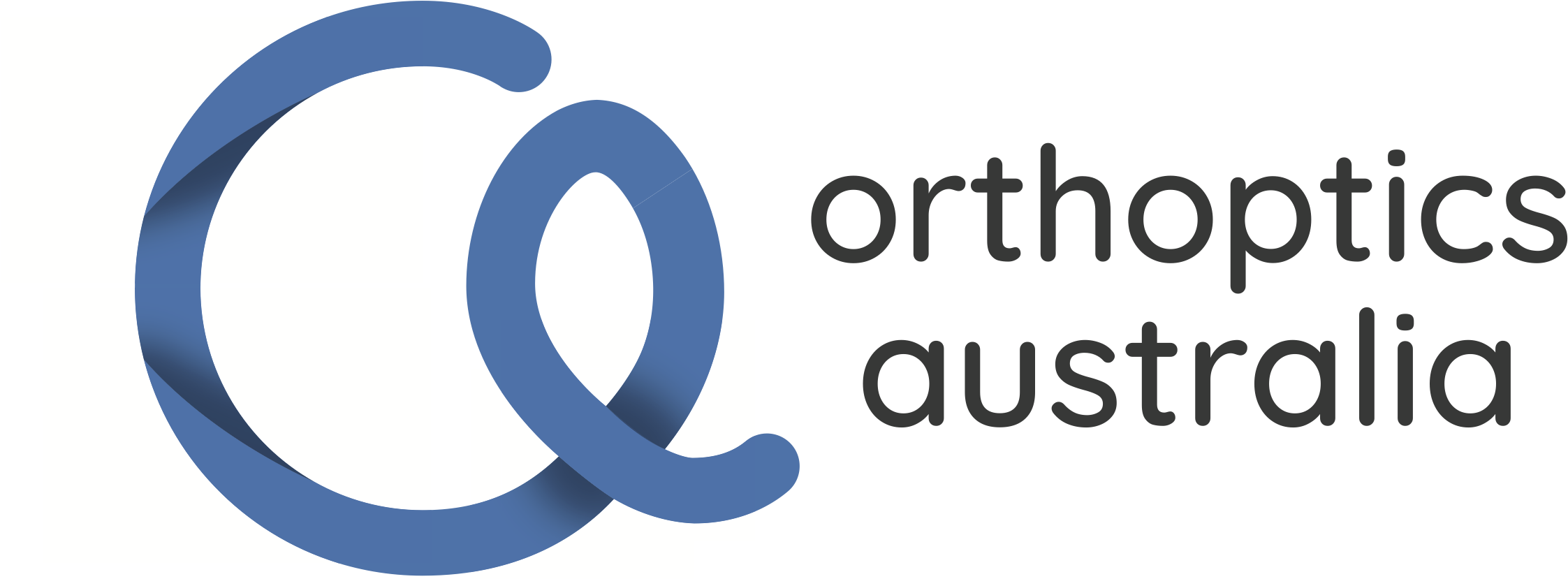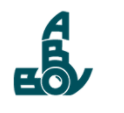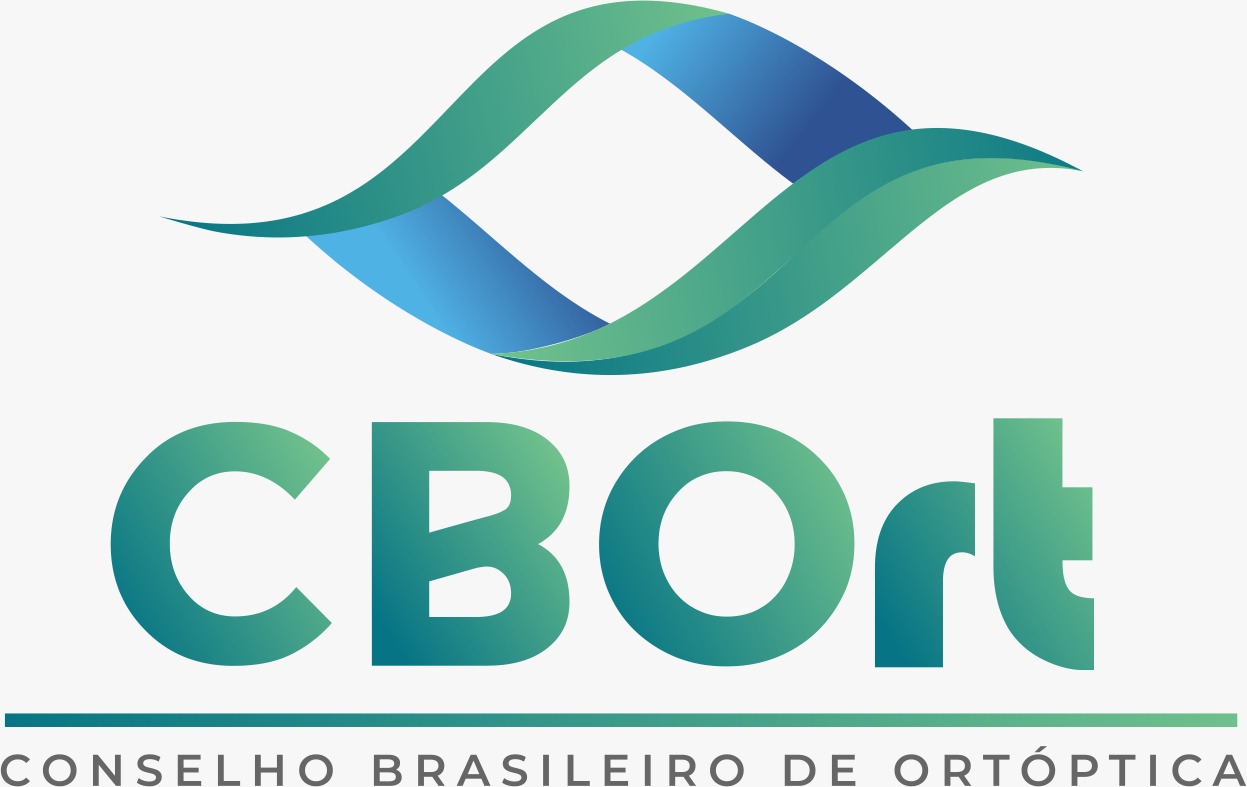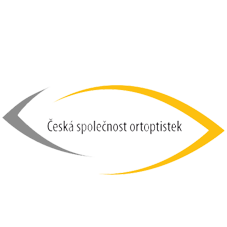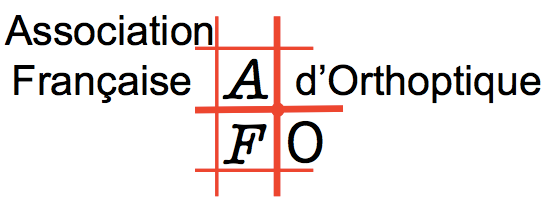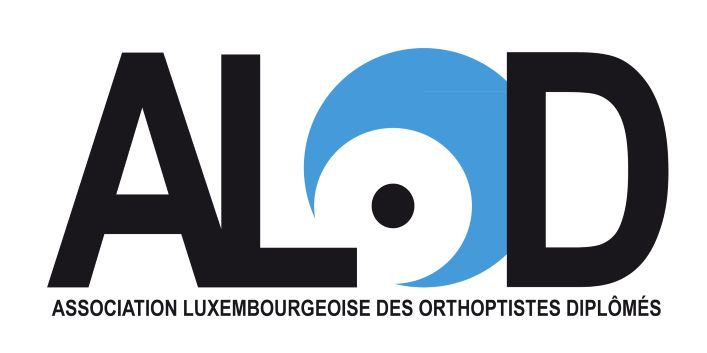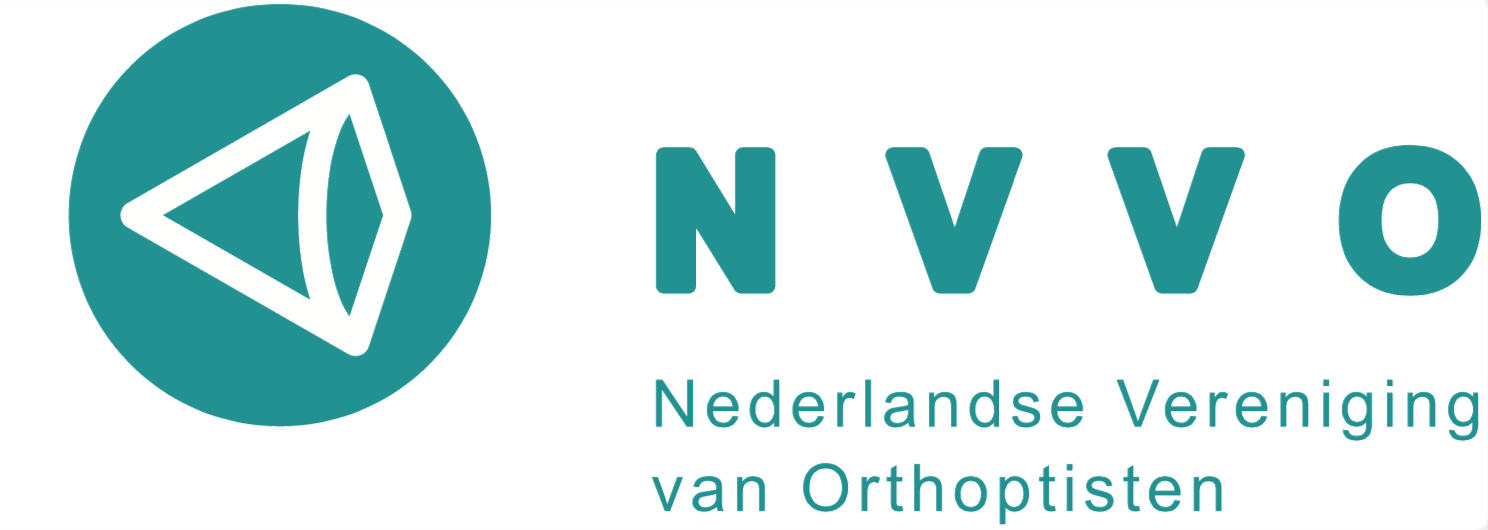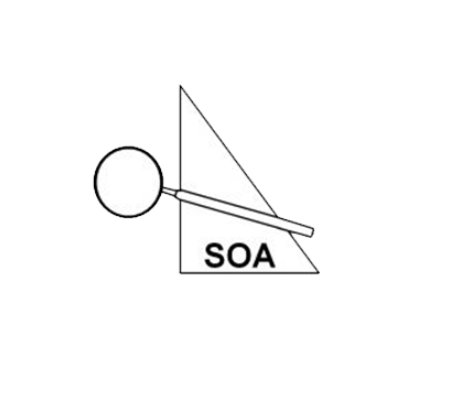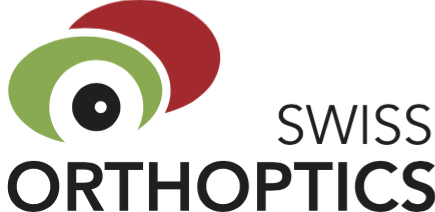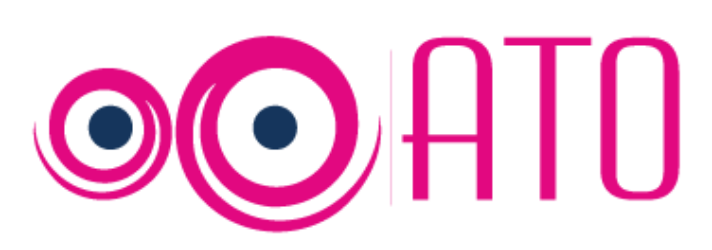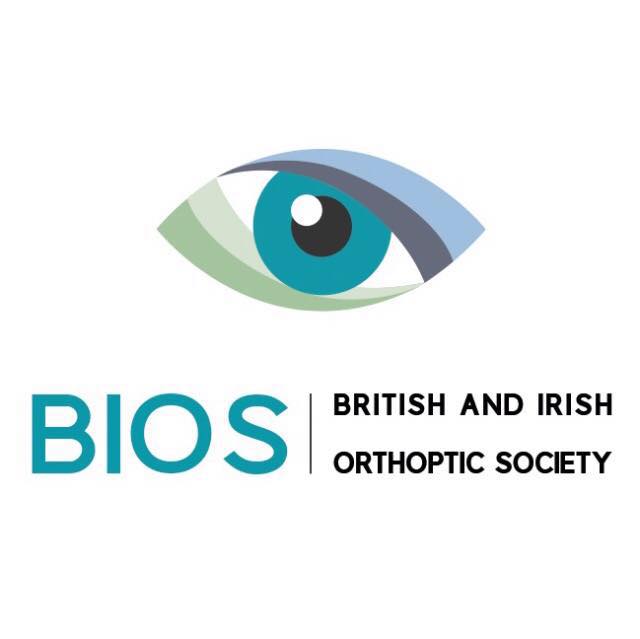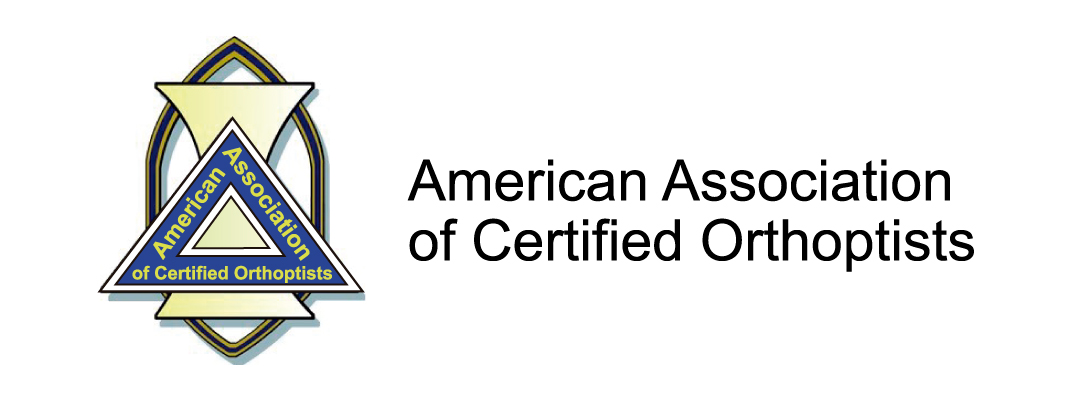Professional Role of the Orthoptist
Orthoptists are allied health professionals who specialize in the study of ocular motility and visual development. Their primary role is to investigate and diagnose visual system dysfunctions involving vision, eye movement, eye alignment and binocularity in children and adults. Orthoptics focuses on the non-surgical treatment of amblyopia and strabismus. They specialize in visual function assessment and neuromuscular anomalies.
Specialization
Orthoptists are uniquely skilled in diagnostic techniques, clinical interpretation and orthoptic management of dysfunctions of vision, eye movement, eye alignment, and binocularity
Additional Expertise
These days the request to the orthoptic profession has been changing and the scope that orthoptists are required to cover is widening in the ophthalmic field to include:
- Vision Screening
- Visual Fields
- Retinoscopy/Refractometry (Objective)
- Subjective Refraction
- Low Vision assessment and provision of aids to maximize visual performance
- Electro-diagnostic testing of visual function and eye movement
- Neuro-Orthoptic assessment, therapy and rehabilitation in visual disorders resulting from a neurologic cause (stroke, trauma, tumor etc)
- Assisting ophthalmologists in the diagnosis and management of a number of ocular conditions such as glaucoma, cataract, macular degeneration and diabetic retinopathy
- Occupational vision testing and driving assessment
- Assistance with surgical procedures
Adjunct Professional Responsibilities
- Research
- Patient Education
- Teaching – orthoptists, other ophthalmic professionals, and other health care workers
- Management
Clinical Practice
The practice of orthoptics is varied and may be practiced in a variety of physical locations including hospitals, clinics, private practices, general surgeries, low vision and rehabilitation settings, community health screening, clinical research centres and academic medical institutions. Orthoptists work very closely with ophthalmologists. Orthoptists can be found practicing in conjunction with ophthalmology, in multidisciplinary clinics or autonomously where regulations permit.
In addition, they work with other eye care professionals and the health care teams including neurologists, general practitioners, peadiatricans, optometrists, ophthalmic nurses, ophthalmic technologists, ophthalmic technicians, ophthalmic assistants, ophthalmic photographers, refractionists, instructors for the visually impaired, physiotherapists, and occupational therapists.
Orthoptic Education
Orthoptics may be studied as either a bachelor and master programs in many countries. The option of post-graduate programs and professional doctorates and PhDs are also available. Currently, approximately 56 orthoptic programs are offered around the world. While orthoptic programs may differ, all students learn to assess, diagnose and manage ocular disorders.
Licensure/Registration/Certification
Orthoptic professional practice must adhere to country specific scopes of practice, competencies, and licensure, registration or certification requirements.

